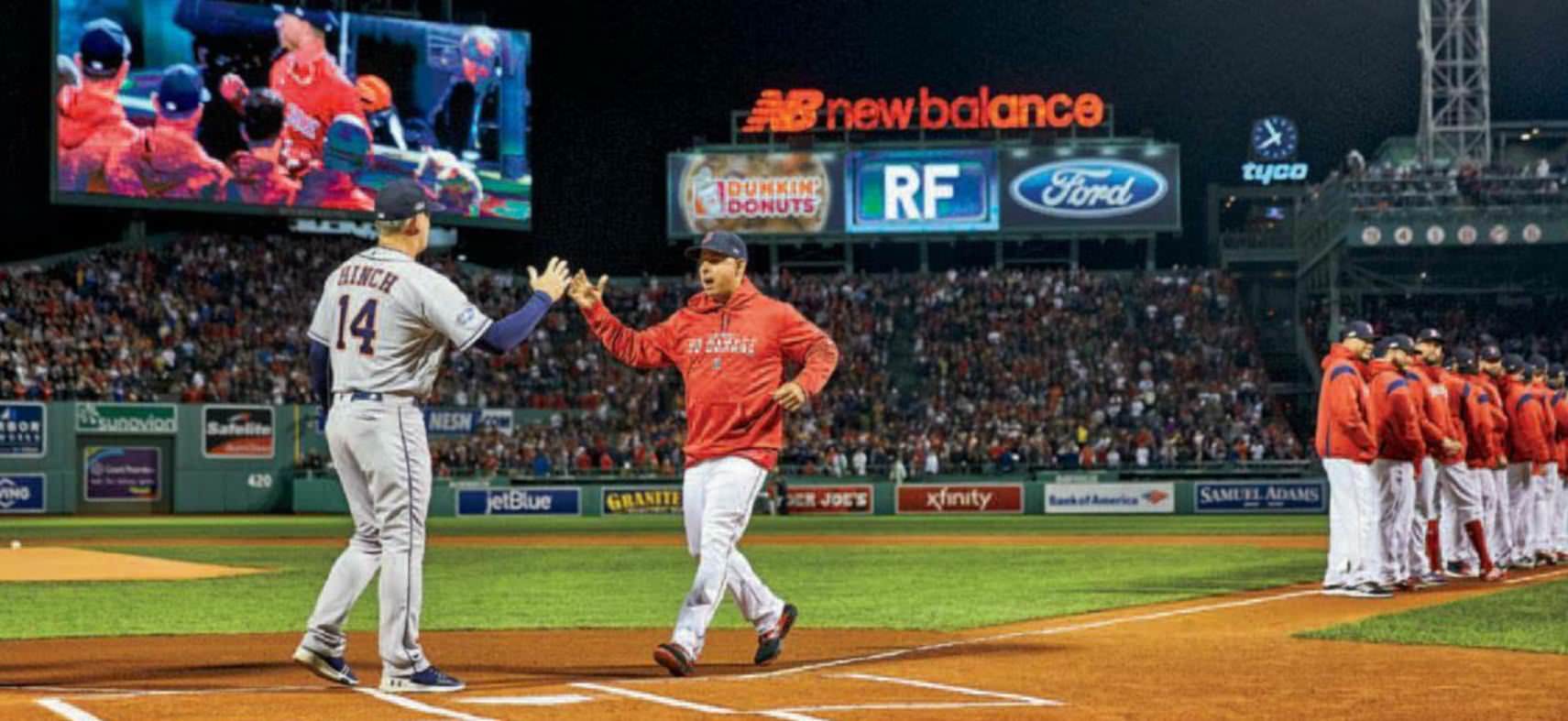From watching L.A. manager Dave Roberts, Counsell learned the importance of matching up relievers on hitters throughout the game, not just in the late innings. From watching Astros manager A.J. Hinch, he learned the need for conviction by riding a hot hand on the mound.
Actually running a playoff game, however, especially against the noise of a hyperanalytical, hypercritical world, is like skydiving or baking a soufflé: the approximations of it don’t do justice to the difficulty of the real thing. It took running only his fifth postseason game for Counsell’s soufflé to drop. In Game 2 of the NLCS, he pulled his starting pitcher, Wade Miley, with a 3–0 lead after a harmless two-out single in the sixth inning, even though Miley had thrown only 74 pitches and was the first starter in 166 games to hold the Dodgers without a run or a walk for more than four innings. You know what happened next: a cascade of relievers blew the game. Milwaukee lost 4–3 on a home run by Justin Turner.
“Look, you’re either too early or too late,” Counsell said about pulling a pitcher.
The business of managing in October is more of a high-wire act than it’s ever been. That’s because how baseball is played has changed drastically in just the past four years. Since 2014, homers have increased by 46% and pitching changes by 13%. To keep the ball in the ballpark managers are running out more and more pitchers. The paradox is that as they run out more pitchers, like hitting on 16, they increase the risk one of them will go bust. In the NLCS Counsell and Roberts shattered a record by using 27 pitchers to cover the first two games of a postseason series. (The teams split before the series moved to Los Angeles.) The old record was 23. The Yankees and the Braves used 27 pitchers to cover the entire 1999 World Series. The constant switching by Counsell and Roberts meant all pitchers—starters included—faced an average of only 5.5 batters.
“You plan things out, but every game is different,” said Roberts, who entered his third straight NLCS having already run 32 postseason games in just four seasons as a big league manager. “There are so many twists and turns. You have to watch the game. By that I mean there is a feel to running these games.
“You have to resist the urge to b...


